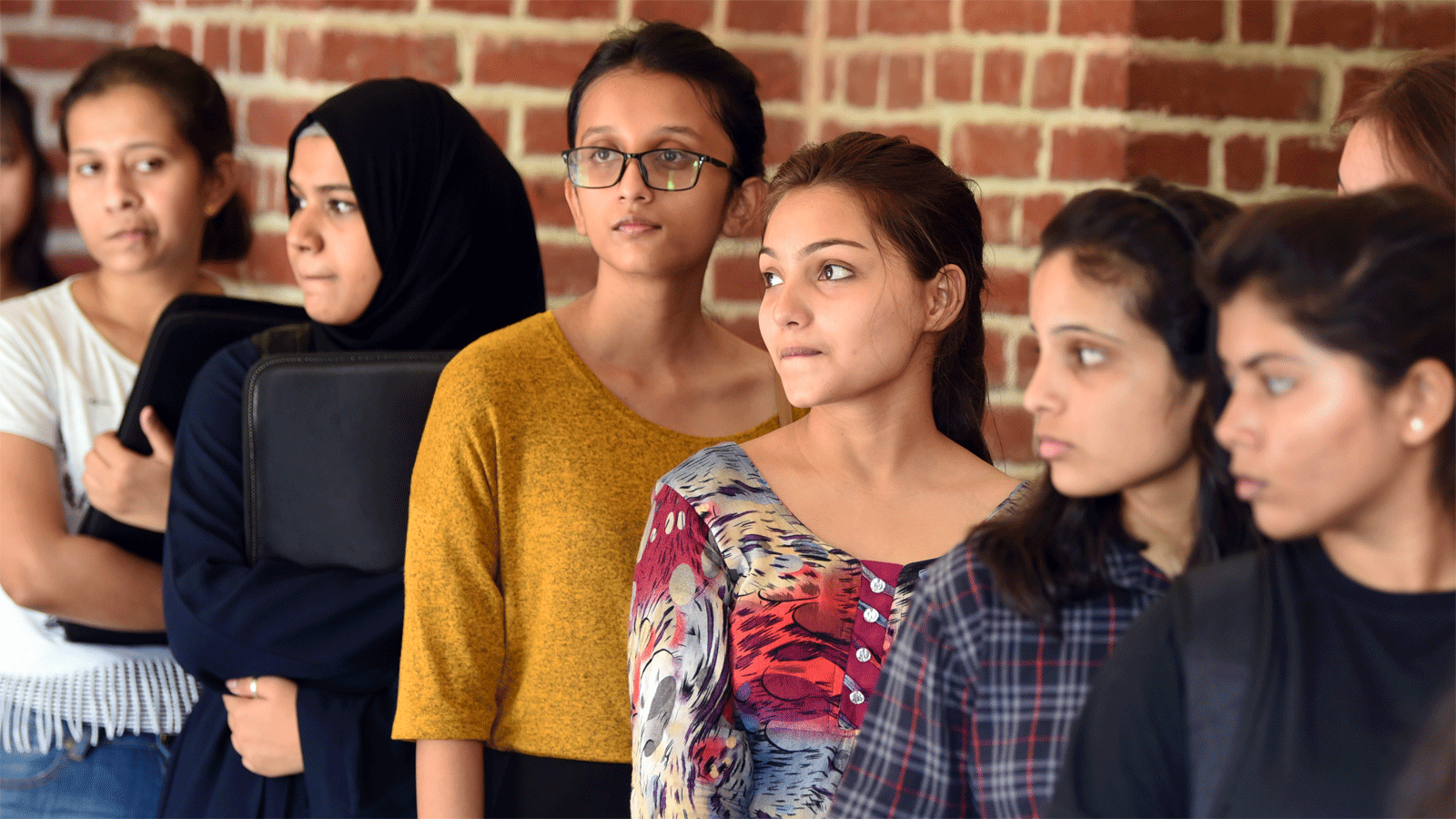MUMBAI: In a government resolution issued on Monday, the state has, for the first time, outlined the role of government nominees in autonomous colleges. While government nominees have always been present on the boards of autonomous colleges, their roles were never explicitly defined. Now, they are expected to attend every governing body meeting and ensure that the budget comprehensively reflects all aspects, serving as the eyes and ears of the government.Mumbai University alone boasts over 70 autonomous colleges.
A government nominee is typically an educationist, not below the rank of a professor or a government officer in the Directorate of Higher Education or the State Council of Higher Education. They are meant to bridge the gap between institutions and the government. The government had long considered specifying their duties and responsibilities, leading to the issuance of guidelines.
An official from the department stated that the objective is to enhance efficiency and obtain accurate feedback from nominees about ground-level happenings. The government is also defining the role of their nominees in private universities, not solely autonomous colleges.
Nominees are expected to attend all board meetings and notify the government in advance if they are unable to do so. Their involvement in strategic decision-making processes aimed at enhancing academic quality is sought. They must convey the government’s vision and priority areas to the board and ensure compliance with government policies. Additionally, they should resolve contentious issues between the college, university, and government, and implement the National Education Policy of 2020, among other guidelines.
Principals noted that nominees are required to submit reports on governing board meetings and any policies that contravene government policies. Some expressed surprise at the timing of these guidelines, given the decade-long presence of autonomous colleges. Another concern raised was the irregular attendance of nominees, despite reminders.
The resolution specifies adherence to the “highest ethical standards” of conscientiousness, integrity, honesty, responsibility, and ethical conduct in fulfilling government representative responsibilities.
A government nominee is typically an educationist, not below the rank of a professor or a government officer in the Directorate of Higher Education or the State Council of Higher Education. They are meant to bridge the gap between institutions and the government. The government had long considered specifying their duties and responsibilities, leading to the issuance of guidelines.
An official from the department stated that the objective is to enhance efficiency and obtain accurate feedback from nominees about ground-level happenings. The government is also defining the role of their nominees in private universities, not solely autonomous colleges.
Nominees are expected to attend all board meetings and notify the government in advance if they are unable to do so. Their involvement in strategic decision-making processes aimed at enhancing academic quality is sought. They must convey the government’s vision and priority areas to the board and ensure compliance with government policies. Additionally, they should resolve contentious issues between the college, university, and government, and implement the National Education Policy of 2020, among other guidelines.
Principals noted that nominees are required to submit reports on governing board meetings and any policies that contravene government policies. Some expressed surprise at the timing of these guidelines, given the decade-long presence of autonomous colleges. Another concern raised was the irregular attendance of nominees, despite reminders.
The resolution specifies adherence to the “highest ethical standards” of conscientiousness, integrity, honesty, responsibility, and ethical conduct in fulfilling government representative responsibilities.
Denial of responsibility! Chronicles Live is an automatic aggregator of the all world’s media. In each content, the hyperlink to the primary source is specified. All trademarks belong to their rightful owners, all materials to their authors. If you are the owner of the content and do not want us to publish your materials, please contact us by email – chronicleslive.com. The content will be deleted within 24 hours.


